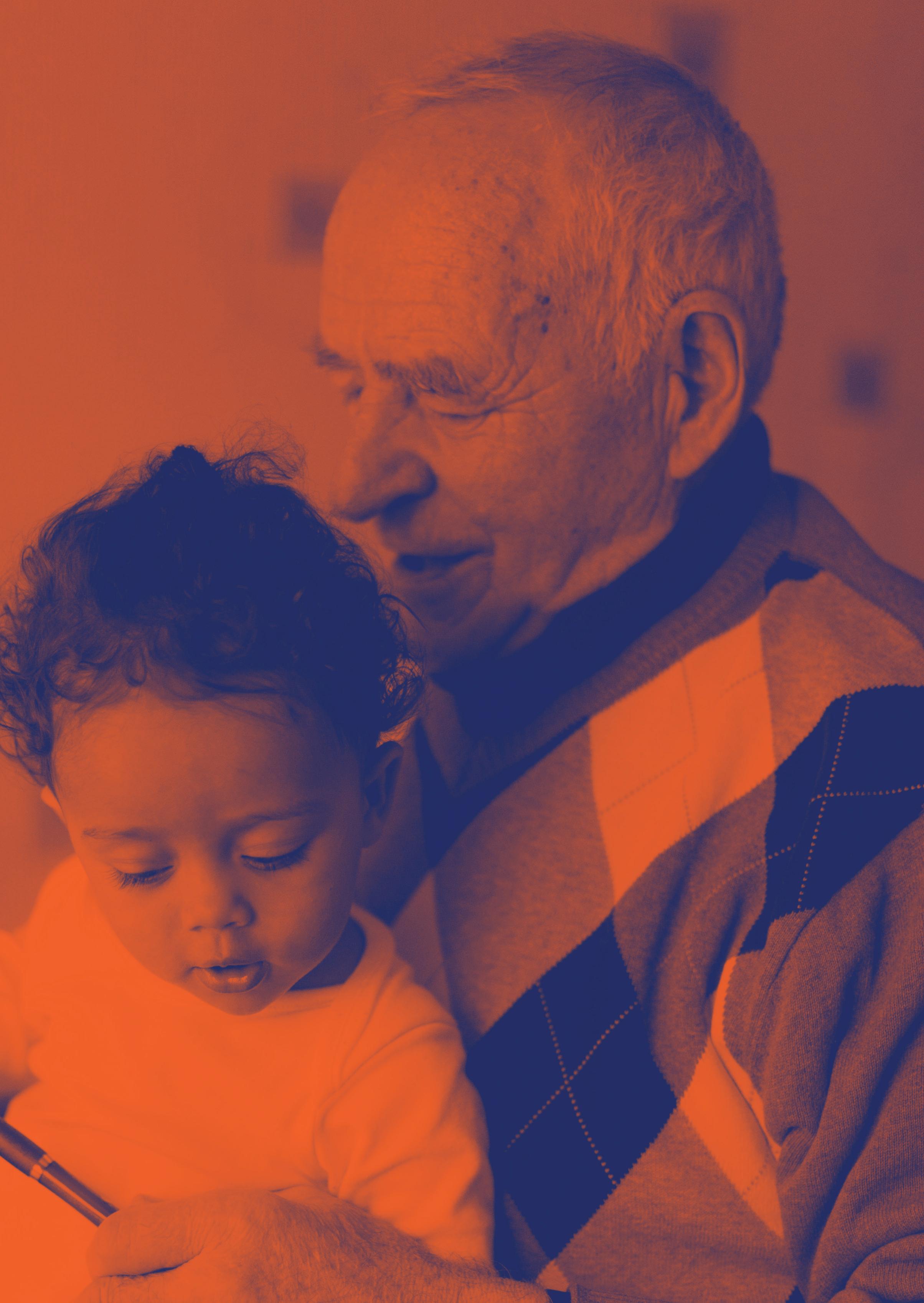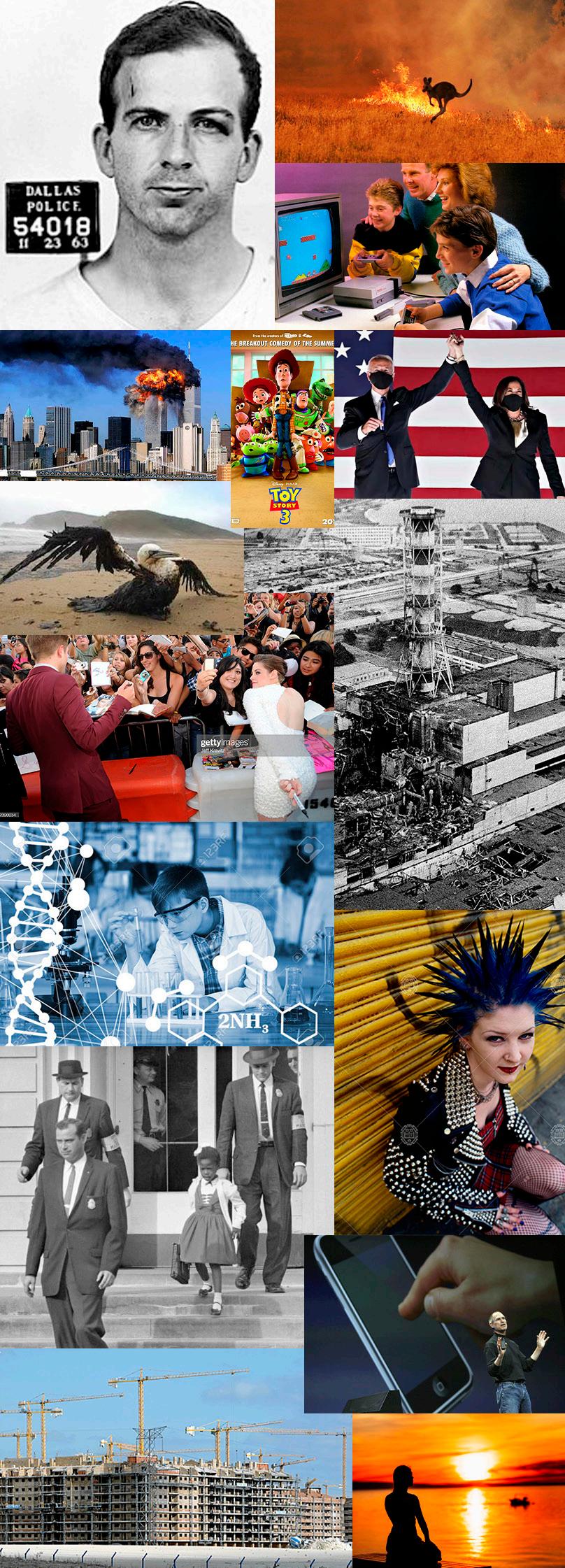
2 minute read
02 My Generation!
from Portfolio
by Paul Kelly
What can we learn from past generations?
© 2022 Kellytexts S.L.
Advertisement
What is a generation?
Baby Boomers (1946 – 1964)
Gen X (1965 – 1980)
Gen Y / Millennials (1980 – 1994) iGen / Gen Z (1995 – 2010)
Generation Alpha (2011 – 2025)
1 In pairs, discuss the questions.
1. What is a generation?
2. How many years are there in a generation?
3. Which generation do you and your classmates belong to?
4. Which generations do your parents and grandparents belong to?
5. What important issues do you think affected your parents’ and grandparents’ generations?
2 Listen to a podcast about generations. Which questions from exercise 1 does it help you answer?
3 Listen again and complete the information from the podcast.
* A generation is a group of people that are born during the same 1) _____-year period.
* Companies and 2) _________ study different generations, so they can sell their 3) __________ to them.
* Each generation has its own 4) __________, fashion and popular culture.
* Companies and brands want to use the right 5)__________ for each generation.
* Important events in our childhoods can affect how we think about politics, society, and the 6) __________ in the future.
4 Read the texts and match them to the different generations (A-E).
__ Members of this generation spend more time with their parents than others. They start using electronic devices at the age of one for both leisure and education. They are good at making videos and they like computer coding.
__ They were the first global generation. Their parents told them that they were special, but some experts say they are lazy. They were the first to be interested in healthy food and a healthy lifestyle.
__ This was the first generation to live all their lives in peace. A lot of them moved from the countryside to the cities to look for work. They were also the first generation to own a car and spend the summer at the seaside.
__ Some members of this generation were the first to arrive home from school to an empty house because both parents had jobs. It was also the first generation to have contact with computers and to see shopping as a leisure activity.
__ This generation accepts people from other cultures and people with different ideas. They are good students and don’t know a world without smartphones. As a result, they read less and have less face-to-face contact with people.
5 In pairs, look at the photos carefully. Which generations from exercise 1 do you think experienced some of these issues when they were teenagers?
6 Match the issues in the word cloud with the photos. Some of the words can match more than one photo.
7 Listen to someone talking about one of the pictures. Which one does the speaker describe?
The picture described is...
8 Listen again. Complete the expressions.
Talking about a photo
Giving information about the photo
* The photo 1) _______…
* It’s from + year
Describing the photo
* In the foreground / 2) _______, ….
* On the left / right…
Describing people

* He / She / They 3) _________(s) like + noun
* He / She / They look(s) / seem(s) + adjective
Speculating
* 4) _________ / Maybe…
* It looks / seems 5) _________ if they…
9 Work in pairs. Find photos of three important local, national or international events that your generation has experienced.

* Choose photos with clear images of the events.
* Make notes about the type of event, the date of the photo and what is happening in the photo.
10 In new pairs, describe your photos to each other. Use the vocabulary and the expressions on this page to help you. Do you agree that your partner’s photos are important/ interesting events? Why/Why not?









